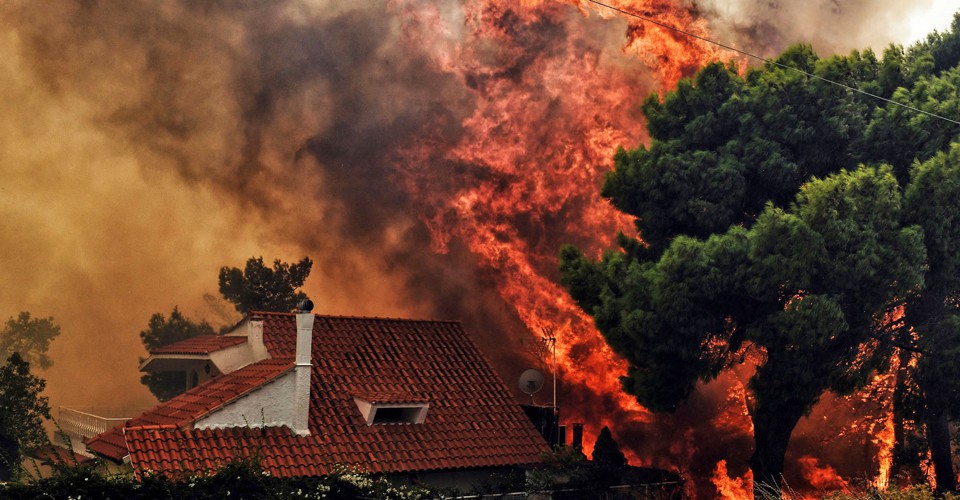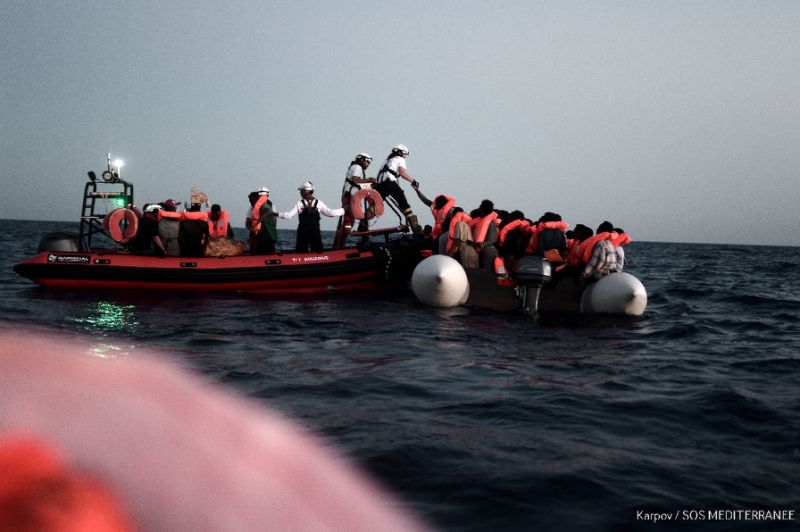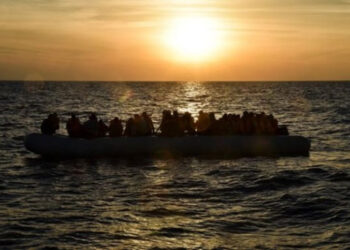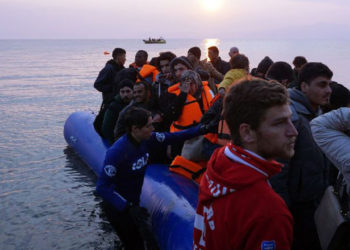Italy is attempting to set up an automatic system for distributing migrants rescued in the Mediterranean between European countries, diplomatic sources said Thursday.
Such a deal would put an end to the case-by-case negotiations over who will take those saved during the perilous crossing from North Africa, which have seen vulnerable asylum seekers trapped in limbo at sea for lengthy periods.
Should the deal take off, Rome would agree to reopen its ports to vessels which save migrants at sea, reversing a hardline stance taken by the country’s ex-interior minister Matteo Salvini last year.
The number of migrants landing on Italian shores between August 2018 and July 2019 was down 80 percent on the previous 12 months, the interior ministry said in a report published last month.
But the death toll for migrants attempting to reach Europe remains high, with nearly 1,000 drownings so far this year, according to the International Organization for Migration.
“There are talks ongoing. On Friday, senior experts will meet in Malta” to lay the groundwork for a series of upcoming top-level meetings on the issue, a source in Brussels told AFP.
They were set to focus on where people saved would be disembarked, how and to which countries they would be relocated, and whether those relocated would include so-called economic migrants as well as people fleeing war or persecution.
France and Germany have given their green light to the new system, which could also involve Luxembourg, Malta, Portugal, Romania and Spain, Italy’s Repubblica and Stampa dailies said.
Italian Prime Minister Giuseppe Conte is expected to discuss the plan with France’s President Emmanuel Macron when the latter visits Rome next week.
It will then be studied in more detail at a meeting of interior ministers on September 23 in Malta, ahead of a European summit in October in Luxembourg.
“There is great willingness to immediately reach even a temporary accord on the redistribution of migrants, which can then be fine-tuned,” Conte said Wednesday during a visit to Brussels to meet European Commission head Ursula von der Leyen.
He suggested E.U. countries that decline to take part could suffer financial penalties.
The Czech Republic, Hungary, Poland and Slovakia have refused in the past to take in any of those rescued at sea.
The automatic distribution system would be a temporary solution ahead of a revision of the so-called “Dublin regulation,” which assigns responsibility for migrants to the nation of first entry.
The Repubblica daily said France and Germany were each willing to receive 25 percent of people saved in the Mediterranean.
Italy would take 10 percent – a lower proportion because it has already hosted tens of thousands of new arrivals, it said.
Brussels sources said the quota for each country would likely be decided depending on how many in the bloc take part.
More on the Subject
Inside Lampedusa, the Front Line of Europe’s Migration Crisis























